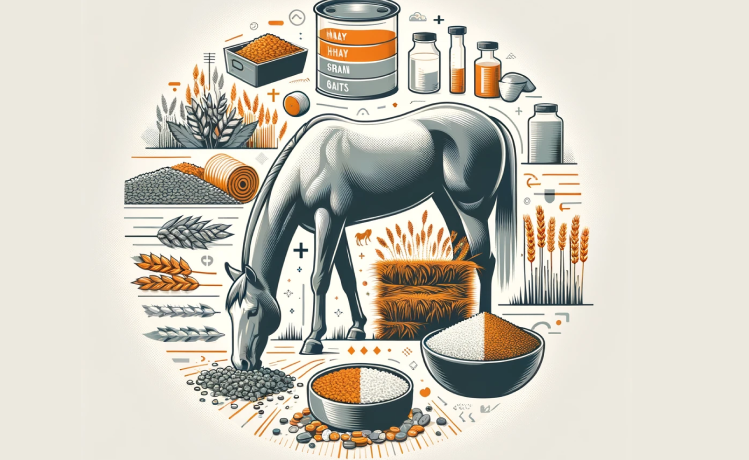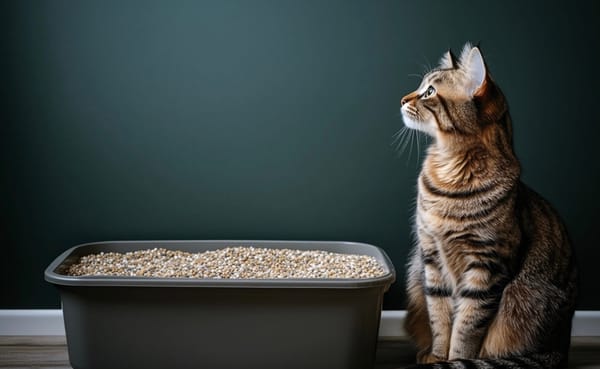What to Feed Your Horse: Nutrition and Diet Tips

Feeding your horse is one of the most important aspects of their care, and getting it right can make all the difference in their overall health and performance. Understanding the nutritional requirements of horses and selecting the right type of feed can help promote optimal growth, energy, and immune system function. In this comprehensive guide, we'll explore everything you need to know about feeding your horse, including nutritional requirements, types of feed, and supplements.
Nutritional Requirements
Horses require a balance of macronutrients (carbohydrates, proteins, and fats) and micronutrients (vitamins and minerals) to meet their nutritional needs. The exact amount of each nutrient required varies depending on the horse's age, size, activity level, and overall health status.
Carbohydrates provide energy for the horse, while protein supports muscle growth and repair. Fats are essential for insulation, cell membrane function, and hormone production. Vitamins and minerals support various bodily functions, including bone and teeth formation, immune system function, and metabolism.
Types of Feed
There are three main types of horse feed: hay, pasture, and concentrate. Hay is the primary source of fiber and roughage for horses, while pasture provides access to fresh grass and other plant material. Concentrate feeds, such as pellets and cubes, contain higher amounts of carbohydrates, proteins, and fats than hay or pasture.
Choosing the Right Type of Feed
Selecting the right type of feed for your horse depends on their individual needs and lifestyle. For example, a sedentary horse may benefit from a lower-energy concentrate feed, while an athletic horse may require a higher-energy concentrate feed. Additionally, horses with certain health conditions may require specialized diets that meet their specific nutritional needs.
Supplements
Supplements can be added to your horse's diet to provide additional nutrients or support specific health conditions. Some common supplements include vitamin E, omega-3 fatty acids, probiotics, and joint supplements. However, it's important to talk to your veterinarian before adding any supplements to your horse's diet, as they can interact with other medications or have unintended side effects.
Creating a Balanced Diet
Creating a balanced diet for your horse involves carefully considering the proportion of macronutrients and micronutrients in their feed. A general guideline is to aim for 20% protein, 60% starch and sugar, and 20% fat in your horse's diet. However, this can vary depending on the horse's individual needs and activity level.
Monitoring Your Horse's Weight
Monitoring your horse's weight is essential for ensuring they receive the right amount of food to maintain a healthy weight. Overfeeding can lead to obesity, which can increase the risk of various health problems, including joint issues, respiratory problems, and insulin resistance. On the other hand, underfeeding can lead to malnutrition, which can result in poor growth, weak immunity, and reduced performance.
Conclusion
Feeding your horse is a vital aspect of their care, and getting it right can make all the difference in their overall health and performance. Understanding the nutritional requirements of horses and selecting the right type of feed can help promote optimal growth, energy, and immune system function. By monitoring your horse's weight and adjusting their diet accordingly, you can ensure they receive the best possible nutrition for a healthy, happy life. Whether you're just starting out with horse ownership or have been caring for horses for years, this comprehensive guide will help you provide your horse with the best possible diet for optimal health and performance.
#horsefeeding #nutritionforhorses #diettips #equinediet #petfood




